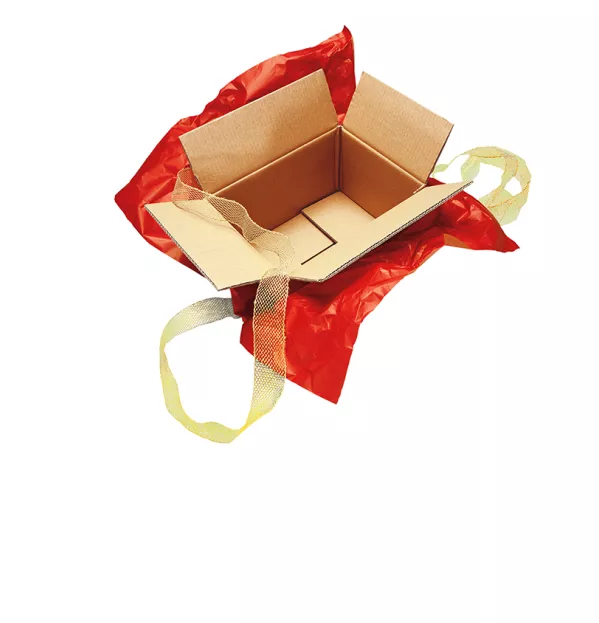What do teachers want for Christmas? Kindness

Christmas is a time for giving; for thinking about others. And most of us derive joy from choosing presents for family and friends and doing things to make others happy.
However, in giving your gift, you “probably did not stop to consider the moral meaning of your action, or fully appreciate the fact that, in the eyes of the Roman writer Seneca, you were, in some small way, saving the world,” says James S Romm in How To Give: an ancient guide to giving and receiving, a translation of selections from Seneca’s On Benefits. “Your ability to give is an essential part of what makes you human.”
For Seneca, the impulse to give to others lies at the very foundation of society.
One can only imagine what Seneca would have made of some of our modern gift-giving delights. What about the teacher Secret Santa, for example? It might well have destroyed the great Stoic thinker’s entire view of humanity.
The tradition was explored in detail by teacher Amy Forrester recently. “The process is an emotional rollercoaster from start to finish, often rich in personal humiliation - and it’s only when you reach the very end of the ritual that you get to know whether you have been mortally wounded by passive-aggressive gifting,” she writes.
Primary teacher Sally Kawagoe has similar misgivings. She is just mighty relieved that this year it’s very likely that the gifts will have to be carefully quarantined, distributed to bubbles and opened not in the staff room but during a group Zoom chat.
“I won’t run the risk of committing the most serious of Secret Santa faux pas: leaving it in the pub. Instead, it can sit happily in my bin and I can grin at all those little faces in their Zoom boxes, happy in the knowledge that there is a full 12 months before I have to do this again”.
Another Christmas teaching tradition has been less impacted by the pandemic: the big annual argument over whether it’s acceptable to show films in the wind-down to the end of term, or whether you should keep on teaching until the bitter, brutal end. It’s raging on social media now, so close your eyes and look away. It is the perennial gift that keeps on giving.
If you do poke your head into that debate and it feels that everyone is feeling just a little bit Grinchy this year, it’s really not surprising. Everyone is tired, really tired. They’re fractious. Those in schools are teaching in freezing cold classrooms, others have had to switch to online teaching as bubbles have burst and some don’t know what the hell is going to happen between now and the end of term.
In many schools, attendance is dwindling as, according to the NAHT school leaders’ union, the government’s Christmas Covid rules put schools and parents “between a rock and hard place” - with families “forced to decide for themselves how long to isolate” before getting together during the festive break.
And the same rules mean many school staff could be looking at spending Christmas alone. Particularly spare a thought for those working abroad who have virtually zero chance of coming home for Christmas this year.
In these circumstances, everyone could do with showing each other a little charity, understanding and patience. Small presents such as duvet days and shopping days can go a long way, as can simple acts of kindness. It means that you see, understand and care.
As Seneca says, “Gifts and good deeds can’t be touched by the hand; they’re enacted in the mind. Between the product of giving and the gift itself lies a huge gulf. The gift is not the gold, or the silver, or any of those things we think most important; it’s the very intent of the one who gives.”
This year, more than any other, it really is the thought that counts.
@AnnMroz
This article originally appeared in the 11 December 2020 issue under the headline “This Christmas, a bit of kindness is the must-have gift for teachers”
You need a Tes subscription to read this article
Subscribe now to read this article and get other subscriber-only content:
- Unlimited access to all Tes magazine content
- Exclusive subscriber-only stories
- Award-winning email newsletters
Already a subscriber? Log in
You need a subscription to read this article
Subscribe now to read this article and get other subscriber-only content, including:
- Unlimited access to all Tes magazine content
- Exclusive subscriber-only stories
- Award-winning email newsletters